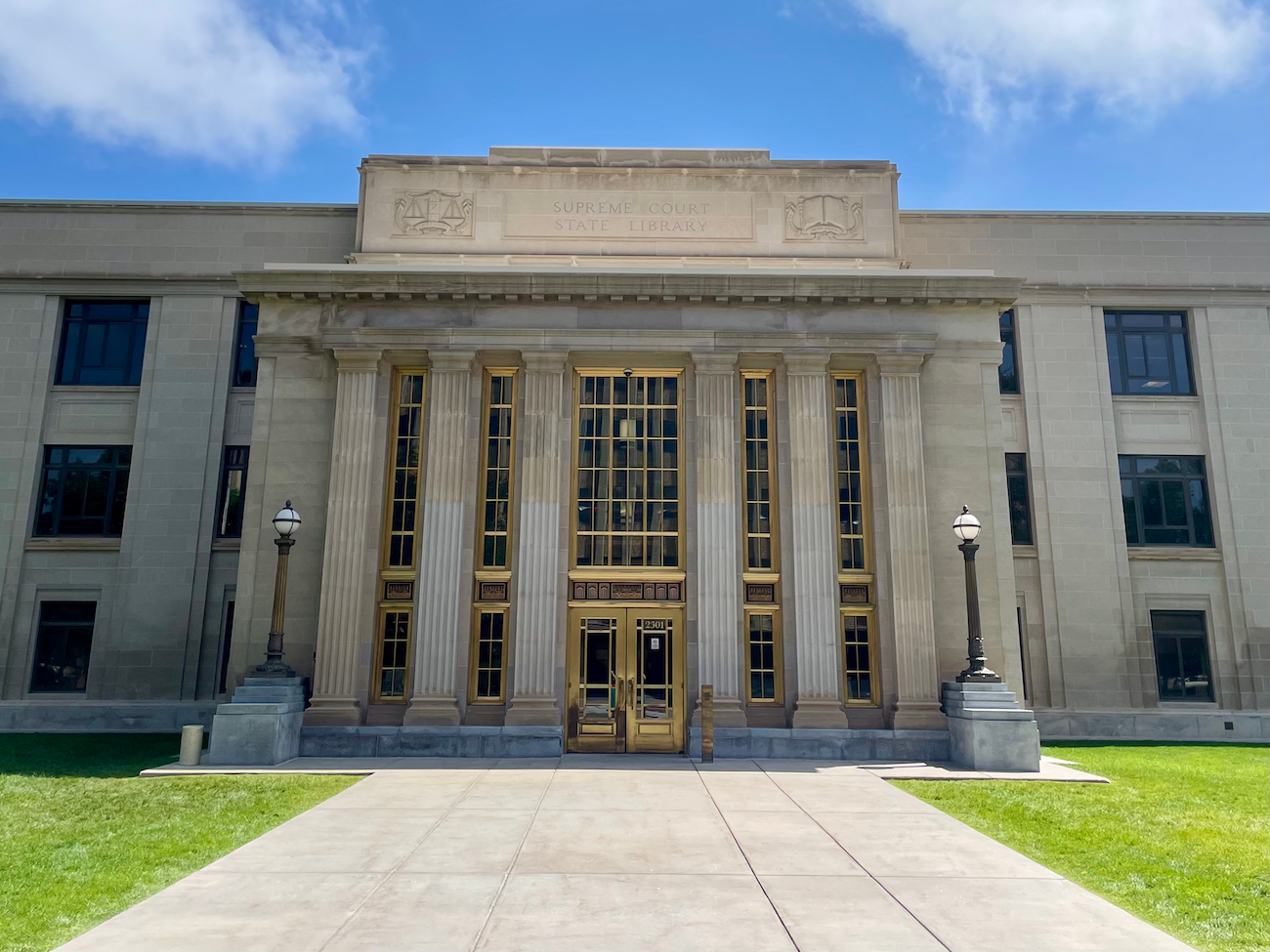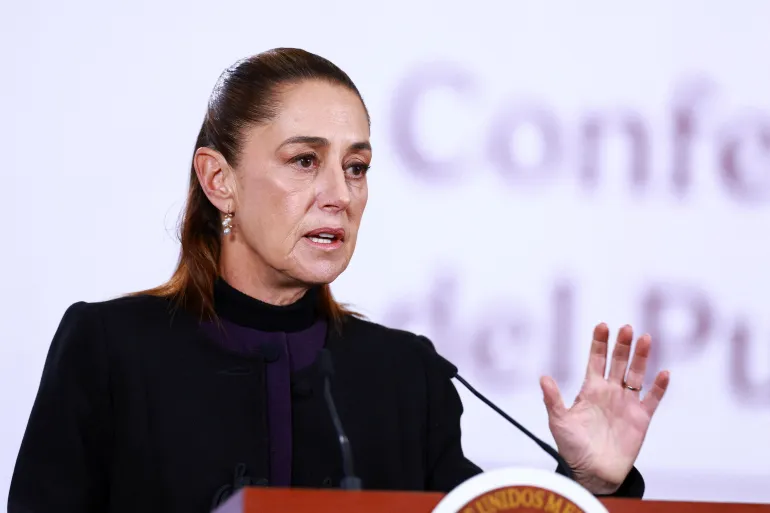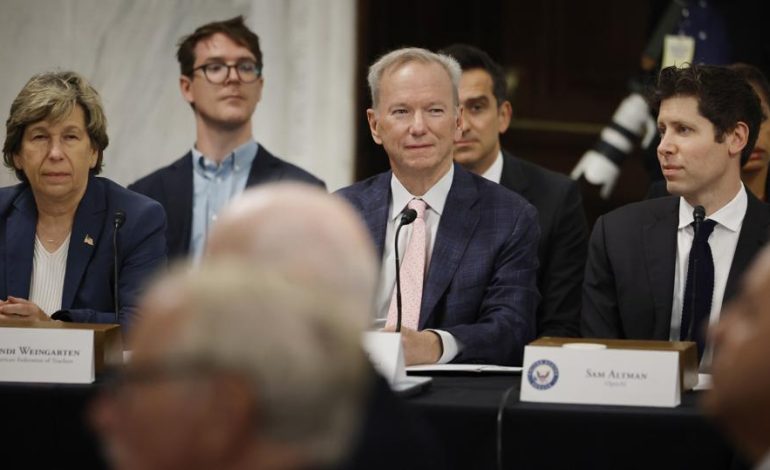The American Federation of Teachers (AFT), the second-largest teachers’ union in the United States, has announced a new initiative to train educators in the practical and ethical use of artificial intelligence tools in the classroom.
The National Academy for AI Instruction, to be located at the United Federation of Teachers’ headquarters in Manhattan, is being funded with $23 million from tech leaders Microsoft, OpenAI, and Anthropic.
The training academy will begin offering hands-on workshops this fall, introducing teachers to AI applications such as lesson planning, email writing, and classroom resource creation. At a recent preview workshop in New York City, a Microsoft presenter introduced educators to an AI explainer video featuring the company’s popular Minecraft game. Attendees also experimented with AI tools like Khanmigo and Copilot to explore how automation might streamline daily teaching tasks.
Randi Weingarten, AFT president, said the idea for the academy was inspired by similar industry-union training centers, like those operated by the United Brotherhood of Carpenters. The goal, she emphasized, is not just to teach educators how to use AI, but to foster conversations between developers and teachers to ensure tools are used “wisely, safely and ethically.”
The funding contributions are structured as follows: Microsoft will provide $12.5 million over five years; OpenAI will contribute $8 million in financial support and an additional $2 million in technical resources; and Anthropic has pledged $500,000 for the academy’s first year.
Chris Lehane, OpenAI’s chief global affairs officer, described the effort as part of a broader push to redefine foundational skills for the next generation.
“Reading and writing and arithmetic and learning how to use AI,” he said, reflecting the growing consensus that digital literacy must now include understanding generative technologies.
The AFT’s collaboration with Microsoft and OpenAI dates back to 2023, when initial meetings and a teacher symposium in Chicago sparked conversations about the role of AI in schools. Those early discussions laid the groundwork for the new academy, which aims to serve as a national resource for the union’s 1.8 million members.
The initiative comes at a time of heightened interest and concern around AI in education. Several large school systems, including California State University and Miami-Dade County Public Schools, have already begun rolling out tools like ChatGPT and Google’s Gemini AI. Meanwhile, the federal government has called on the private sector to step in with support after a freeze on nearly $7 billion in education funding.
While many educators see promise in AI tools, some researchers and union representatives caution against over-reliance on emerging technologies. Studies have shown that generative AI can produce convincing but inaccurate content, and may hinder critical thinking if used inappropriately. Others warn that tech companies might leverage education partnerships for long-term brand loyalty among students.
Weingarten acknowledged these concerns, noting that the union has established guidelines to help schools navigate the introduction of AI.
“Teachers deserve a seat at the table when it comes to shaping how these technologies are developed and deployed,” she said.
With input from the New York Times and Forbes.










The latest news in your social feeds
Subscribe to our social media platforms to stay tuned